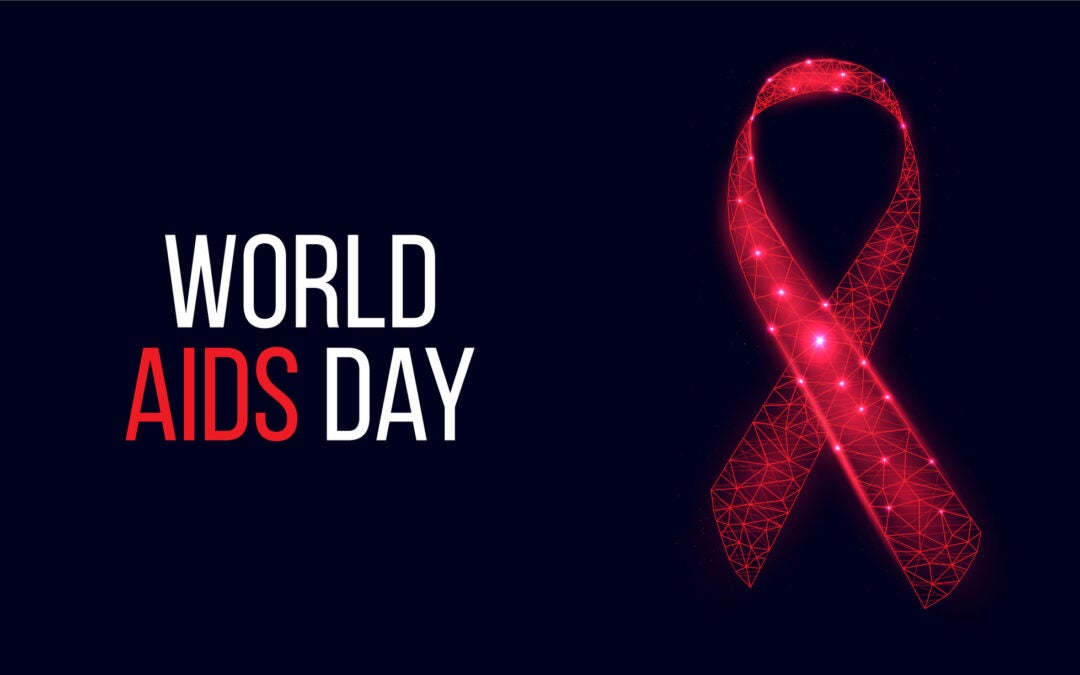by Ty Tagami |Capitol Beat News Service
ATLANTA — Judges in two federal lawsuits Friday ordered President Donald Trump’s administration to continue funding its food assistance program during the government shutdown, but it was unclear how quickly payments would resume to recipients, who had been warned that no more money would be coming starting Saturday.
The news created some measure of relief — but also uncertainty — for communities and organizations that were preparing to fill the gap.
The group Feeding GA Families, with more than 30 locations across Georgia, called the court decisions “a moment of hope and relief,” but said in a statement that it would carry on with enhanced operations, anticipating a disruption in funding despite the judges’ orders due to “the complexity of the current situation and the potential for appeals or delay.”
The group’s CFO, Alicia Rivera, said while driving to middle Georgia Friday evening to hand out Halloween snacks and treats, that her group would continue sourcing products for families. Earlier in the week, she had been expecting a 25% to 50% increase in food requests in November.
“We are not changing our strategy because nothing is set in stone,” she said.
In metro Atlanta, DeKalb County Commissioner Ted Terry said officials were still expecting to increase the allocation to the local food program by 50%, by adding $500,000 to its $1 million budget at an upcoming meeting.
He remained worried that federal funding for SNAP would be constrained and did not expect DeKalb to change course just yet. He said more than 50,000 households — or about 100,000 people — qualify for the Supplemental Nutrition Assistance Program, or SNAP, adding that an expanded county food budget of $1.5 million would still fall far short of the need.
“It really is a drop in the bucket. I mean we’re talking about tens of millions of dollars,” Terry said. “We can only stand in the gap so much and for so long.”
The announcement last week by the Trump administration that it would not fund SNAP during the shutdown led to political finger pointing.
Sen. Nabilah Islam Parkes, D-Duluth, called on Gov. Brian Kemp to tap the state’s more than $14 billion in reserves to buy food for the poor, suggesting that he declare a state of emergency.
Kemp said his hands were tied. Normally, the federal government uploads money onto electronic benefit transfer (EBT) cards that SNAP recipients use to buy food. “There is no mechanism by which the state can replace benefits on customer cards,” his office said. Kemp’s office also said the federal government would not reimburse state funds spent on federal programs.
Yet other states were determined to intervene.
Virginia Gov. Glenn Youngkin, a Republican, declared a state of emergency then issued an executive order to fund EBT cards with state money.
“Due to Virginia’s prudent fiscal management we have available budget surplus to reduce disruptions in food access and ensure that Virginia’s families in need remain supported during the federal shutdown,” Youngkin’s office said Tuesday.
North Carolina Gov. Josh Stein, a Democrat, announced that his state would grant $10M to food banks.
Roughly 1.4 million Georgians rely on SNAP, but a smaller group of vulnerable residents was not immediately exposed to the uncertainty with that program.
The Georgia Department of Public Health said Friday before the judges’ orders that the SNAP program for Women, Infants, and Children, known as Georgia WIC, probably had enough money to cover benefits through mid-November. That program covers pregnant women, new mothers and children up to age 5.











